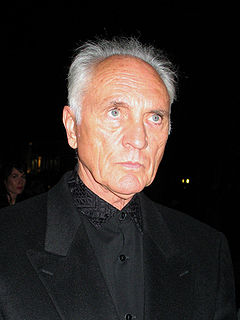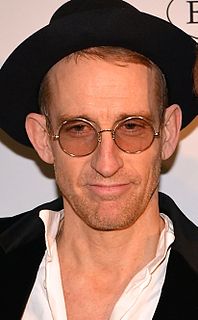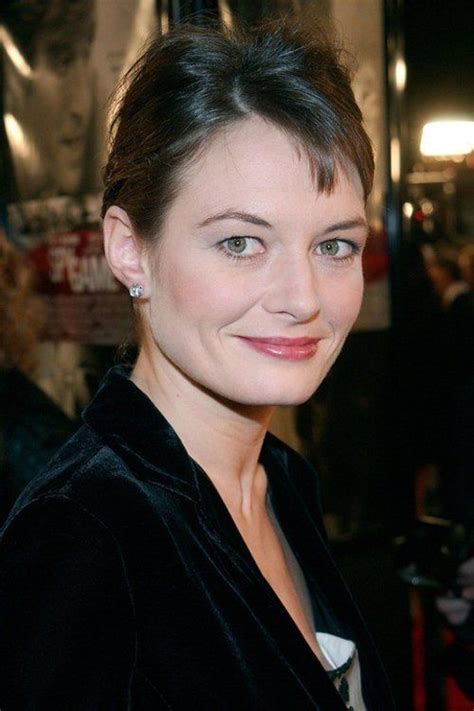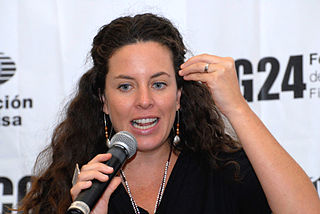A Quote by Terence Stamp
Although you have some films that are a real bummer, there's always a film that comes up where it's just heaven.
Related Quotes
Of course, there's always one theater that shows some kind of European film. Now, fortunately, you have DVDs, so it's possible to get anything you want within a few hours. In those days, it was virtually impossible to get Italian films, or German films, or whatever. So I grew up with very standard, mainstream films.
I like the saying: "The world is as you are." And I think films are as you are. That's why, although the frames of a film are always the same - the same number, in the same sequence, with the same sounds - every screening is different. The difference is sometimes subtle but it's there. It depends on the audience. There is a circle that goes from the audience to the film and back. Each person is looking and thinking and feeling and coming up with his or her own sense of things. And it's probably different from what I fell in love with.
I suppose it's nice that I've made films that some people have heard of and respect. That's great. And it's certainly helpful in some regards, but they're really tough economic prospects. They always have been, and that's not necessarily getting any better. And not just the films, but it's also been a rough 10 years for that independent film market. And so I have stumbled onto this point in the timeline where the kind of stuff that I'm trying to do is not... it was a lot easier to know what to do with it 20 years ago.
We always have the movies that are more toward real life, but they don't have that much drama or suspense, or we have the full of drama or suspense, but they're far away from real life. Always when I was watching a film, films with good drama, I was thinking, "I wish they were more close to real life." But when I was watching real life films I was thinking, "Well I wish it had more drama." I've tried, in the movies that I worked so far, to get these two things closer and closer to each other.
I often find in the film world, that it's very self-referring. If you talk to someone about films, they talk about them in terms of other films - rather than as something that happened to them in their life. And I'm really keen to get back to film as a reference to real things, not necessarily to other films.
I come from the belief that all good films find their time whether it's on opening week or sometime later. That's certainly true with some of my favourite films that might relate to this [The Assassination of Jesse James] film in terms of cadence like Pat Garrett & Billy the Kid, or McCabe & Mrs Miller or Days of Heaven. I found them 10 to 20 years after they were made.




































